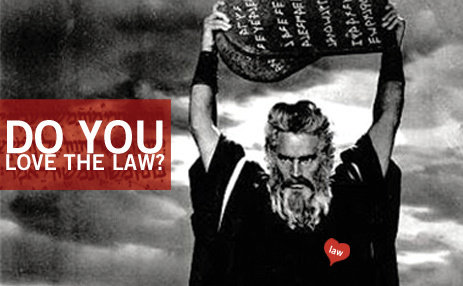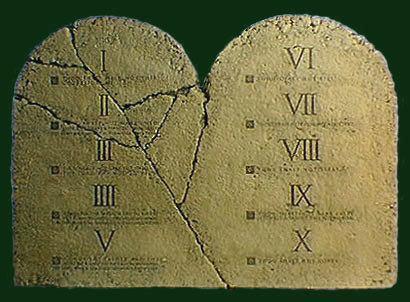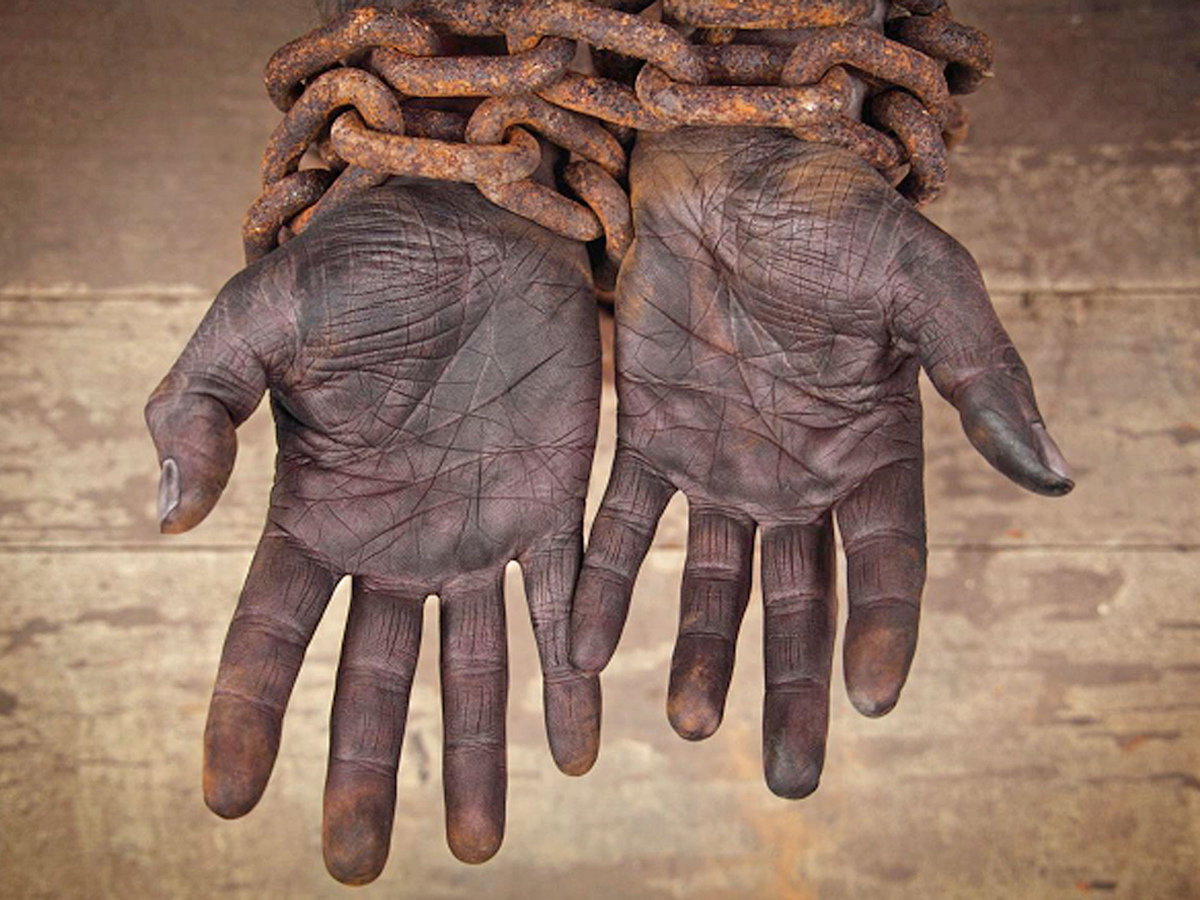1 Introduction
Good news and bad news


The Law as good news
- contains the "oracles of God" (3:2)
- defines sin and righteousness (7:7)
- bears witness to the righteousness of God in Christ (3:21–22)
- given to result in life (7:10)
- spiritual (7:14)
- holy, righteous and good (7:12)

The Law as bad news
- knowing the Law apart from obeying its commands only makes one more guilty
- cannot save us but only condemn us (3:9–20)
- brings about God's wrath (4:15)
- came in that sin might increase (5:20)
- the requirements are fulfilled by those who walk in the Spirit (8:4)
- sinful passions aroused (7:5,8)
- sin used the Law to kill us (7:11)

The Law for us
- the sinner has no love for Law
- they hate God and his Law (Eph 2:1–3)
- natural man cannot understand it (1 Cor 2)
- they seek to actively oppose it and overthrow it (Rom 8:7–8)
- Christians too disdain the Law of God

Background
- Justification (1–4)
- Santification (5–8), outflow of justification
- Necessity for us to live out the righteousness of Christ (6)
Overview of Romans 7
- shows the hideousness of sin
- the beauty of God's Law
- work of Jesus Christ
- His death not only to sin but to the Law
- close connection between sin and the Law
- but Law is not sin
- the Law is righteous
- sin is hideously evil
- sin uses the Law to achieve its own evil purposes
Two questions
- "Is the Law sin?" (7)
- "Is the Law responsible for my death?" (13)

Romans 7:7–12
7 What shall we say then? Is the law sin? Absolutely not! Certainly, I would not have known sin except through the law. For indeed I would not have known what it means to desire something belonging to someone else if the law had not said, "Do not covet." 8 But sin, seizing the opportunity through the commandment, produced in me all kinds of wrong desires. For apart from the law, sin is dead. 9 And I was once alive apart from the law, but with the coming of the commandment sin became alive 10 and I died. So I found that the very commandment that was intended to bring life brought death! 11 For sin, seizing the opportunity through the commandment, deceived me and through it I died. 12 So then, the law is holy, and the commandment is holy, righteous, and good.
2 Is the Law Sin?
First question
- close relationship between sin and death
- not possible
- benevolent intent (7–13)
- spiritual nature (14–25)

Contrast the Law and sin
- first shows the benevolent intent and purpose of the Law
- contrasts it to sinister use by sin
- Law was intended
- but sin abused the Law

Get rid of the Law?
- definitely not!
- sin is identified by the Law
- spiritual mine fields marked
out

Paul's illustration
- "You shall not covet" (Rom 7:7)
- Exodus 20:17; Deut 5:21
- spelled out in greater detail

Covet
- to desire to have that which belongs to another, which cannot legitimately be ours


Sin perverts it
- produces coveting of all kinds
- the Law is good
- but Sin is evil

Why this commandment?
- a matter of the heart
- characteristic sin of the flesh
- best illustrates v. 7
- Paul's personal experience (9–11)

Paul's "murder mystery"
- 9–11
- Paul speaks of his personal experience
- in Adam at the Fall (Gen 2,3 and Rom 5)
- God's provision was good
- Paul concludes that the Law is good (12)
- the Law is not sin but reveals sin
- a sign pointing to sin
- warns us of its deadly consequences
- obedience to the Law results in life

3 Is the Law Responsible
for My Death?
Romans 7:13–20
Did that which is good, then, become death to me? Absolutely not! But sin, so that it would be shown to be sin, produced death in me through what is good, so that through the commandment sin would become utterly sinful. 14 For we know that the law is spiritual—but I am unspiritual, sold into slavery to sin. 15 For I don't understand what I am doing. For I do not do what I want—instead, I do what I hate. 16 But if I do what I don't want, I agree that the law is good. 17 But now it is no longer me doing it, but sin that lives in me. 18 For I know that nothing good lives in me, that is, in my flesh. For I want to do the good, but I cannot do it. 19 For I do not do the good I want, but I do the very evil I do not want! 20 Now if I do what I do not want, it is no longer me doing it but sin that lives in me.
Romans 7:21–25
So, I find the law that when I want to do good, evil is present with me. 22 For I delight in the law of God in my inner being. 23 But I see a different law in my members waging war against the law of my mind and making me captive to the law of sin that is in my members. 24 Wretched man that I am! Who will rescue me from this body of death? 25 Thanks be to God through Jesus Christ our Lord! So then, I myself serve the law of God with my mind, but with my flesh I serve the law of sin.
The question of confusion
- problem of confusing the evil-doer and the instrument
- "the Law is holy, righteous, and good"
Three peaks
- Rom 3:21–26, God provides His righteousness
- Rom 8:1–17, God provides the means for righteous living
- Rom 11, God's work among His people
Similar build-up
- Rom 7:14–25 similar to Rom 3:10–18
- our utter inability to live righteously
3.6 Observations in the text
- past tense in 7–13 to present tense in 14–25
- the awesome power of sin
- Paul describes his own personal struggle with sin
- Paul is unable to understand or analyze his own struggle (15)
- no superheroes

3.6 Observations in the text
- no supply to his solution but an intense description
- the solution is in Rom 8
- the struggle is found here
- before the struggle we have to know the seriousness
4 The Law is Spiritual:
But I am of Flesh (14–16)
The Law is Spiritual
- the Law is "holy, righteous, and good" (12)
- the Law is "spiritual" (14)
- the Law is not the problem
- I AM!

4.2 Paul's words
- specifically talking about the Law of Moses
- God is the author of the Law
- the Law of Moses is Scripture (2 Tim 3:16; Rom 15:4)
- the Law defines and reveals sin
- the Law reveals the character of God to humans
- also anticipates and bears witness to the righteousness of God as revealed in the person of Jesus Christ
- it defines sin and determines their penalties (1 Tim 1:7–11)
- it cannot be understood apart from divine illumination
- not concerned merely with externals but with heart and spirit
- the Law turns us from trusting ourselves and points them to God
I am of flesh
- Paul says that he is the problem
- nothing good dwells in his flesh

Bondage to sin
- Paul's flesh is in bondage to sin (14)
- Paul agrees with the Law (16)

5 The Source of the Problem
is Sin (17–24)
Paul's fundamental agreement with the Law
- his appraisal of the goodness of the Law
- the source of the problem is sin
- Paul is a prisoner of his own flesh
- agonizing cry for help (7:24)
A Taste of the Deliverance to Come (25)
- sin takes advantage of his weak flesh
- but deliverance is from Jesus and His cross
- it is God's provision for the righteousness we lack for eternal life
- also God's provision for the righteousness He requires of His saints
- predicament repeated in v. 25
- full explanation in Rom 8
- he is living two lives
6 Conclusion
Summary
- Intense struggle going on within the Christian
- Overwhelming sense of despair over our struggle with sin
- Our defeat by sin is an essential step in the solution
- Sin is complicated but its solution is simple
deck
By Jonathan Bangera
deck
- 441



